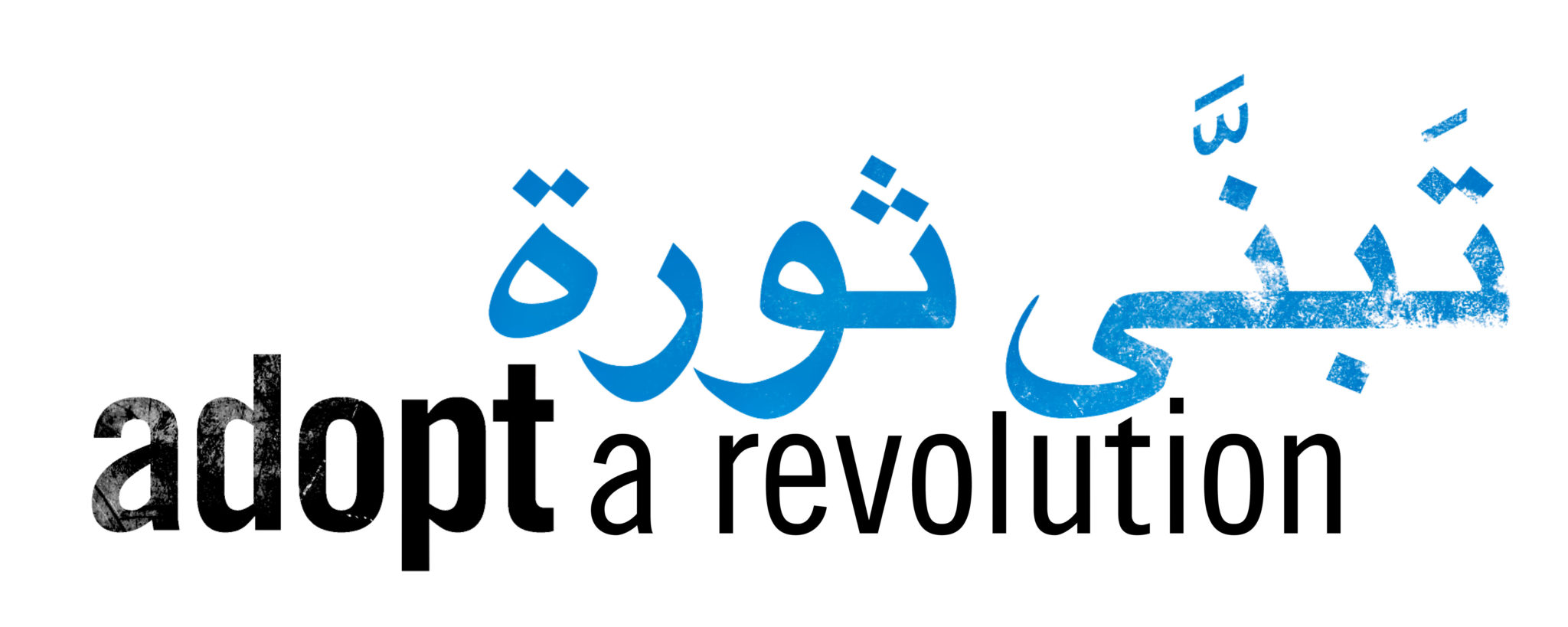On March 12, 2013 many Kurdish Syrians will commemorate the Kurdish Uprising of Qamishlo in 2004.
In 2004, it was mainly Kurds who rose up against Bashar Al-Assad but could not mobilize the rest of the Syrian population. Eventually, the uprising was brutally cracked down. Today, also Syrian Kurds in Iraqi-Kurdistan planned to demonstrate in front of the UN building in Erbil.
Meanwhile the guardian investigated the death of 110 dead Syrian bodies in the river of Aleppo. Discovered on February 29th, there seem to be still corpses to come. Reportedly, all men were from the Aleppo neighborhood and in working age. They had disappeared at regime checkpoints. Interviews indicate that these young men were killed by the regime in the security prisons. Rare witnesses report how they heard 30 men being shot outside of the prison. One of the witnesses explains that he lived in the west of Aleppo which was a regime-held area. In October, he was imprisoned for several months and heard how 30 people in isolation cells were killed. Until the people were killed, they were tortured with acid.
As pictures were taken of the dead and family members identified the tortured faces of their beloved ones, the feeling of revenge grows among them. Also the final act of burial becomes a risky act so that many families cannot see their dead but ask the rebels to bury them. While the Syrian TV accused Jabhat al Nusra for the death of these men, the guardian has shown evidence that it was the regime itself which has committed these crimes.
At the moment, there are reports that the US is training approximately up to 10.000 Syrian rebels in Jordan to fight more effectively against the Syrian regime. The Jordanian Intelligence is also involved and especially careful that no Islamist radicals are involved in the training. Questions to the US as to whether this involvement is true, spokespeople did not comment and stressed the medical help they are providing.
If these trained forces should be sent to Syria, it is for them to prevent chaos and create a safe area within Syria as well as to counter the force of Jihadi groups. According to EU rules, military training is legal as long as it serves the protection of civilians. However, this can be interpreted in different ways as the example of Libya has shown. Jordan’s willingness and involvement of these activities can be explained by its fear of Islamist extremists. As they are gaining strength in the North of Syria, Jordan is worried that it might develop in the same way in the south of Syria. Also, the fear of a heavy refugee influx plays a role. In fact, Syrian rebels approve that there are less strict US rule over what kind of weaponry can be transported over the border.
As there are more “enclaves of stability in Syria today”, the UN appointed a group to investigate on war crimes. The Geneva-based council covered a period from January to March, 3. In their view, both sides commit war crimes but the “government authorities have been involved more in regard to crimes against humanity.”
Syria Deeply reports in their feature of the social media buzz about two interesting phenomena: First, it showed how Syrian state TV employed Islamic clerics to issue statements about the people’s obligation to defend their home country and support the military. The intellectual Yassin El Haj Saleh commented on this step of the regime by saying that this only highlights how little believe there is left for the “Assad religion” itself.
Another online debate around the issue of sectarianism and the naming of the Fridays was going on. In that online debate the following rather modest sectarian slogan won: “Your plans for a sectarian alawite state won’t succeed”. However, Syrians on the ground dismissed this slogan and dedicated their Friday to International women’s day.

